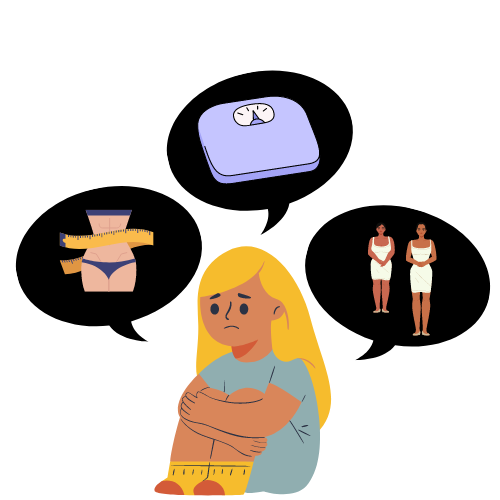The College Board announced on Jan. 12 that schools were given the option to administer online, in person or a mix of the two testing options. Tests will be full length and cover the full-year curriculum, except for AP Physics I missing two units.
The College Board failed to standardize AP exams in ways that allow students to succeed and should administer exams in means that are favorable to students.
The choice of whether to take exams online or in person should be given to students, not schools’ AP coordinators. This will allow students to choose which testing option will benefit them the most. Currently, online exams will not test material that students can search online, and students will not be able to move back and forth between questions. Online and in-person exams have advantages and disadvantages that students should consider when deciding which option to choose. If students and parents had the choice to decide whether to attend school in person or not, they should have the same choice for exams. Ultimately, this choice should be given to the students, not the schools.
Each online and in-person exam administration and test version should be scored individually to ensure that students are scored based on the scores of those who took the same test in the same testing setting. With multiple testing dates and options of paper, online, at-school and at-home testing, the College Board should score individually. With past years’ tests being administered on one date, with one test version, it makes sense to score all tests accordingly and on the same scale, but with different testing circumstances, the means of testing needs to change in order to ensure that students’ scores are as accurate and fair to their testing situation as possible. Students who plan to take their exams in person in May have vocalized their concern with being scored against students who take their exams at home, online, a month later, in June.
Currently, the College Board has released that all exams will cover the full courses’ curriculum and will be full length exams, per usual. Last year, they made changes to the exam to make them shorter and only cover certain topics because of the circumstances with COVID-19. With this school year being just as unusual with hybrid learning and teaching via videos and zoom, the College Board should adapt their exams similarly. Many teachers have adapted their teaching with the unpredictability of the year, and The College Board should be sensitive to these changes. Technical difficulties need to be addressed when considering how much content to cover. In addition to a change in content, exams should be shortened as well. Less material and partial length tests will benefit students. Extra time should be given to accommodate for technical issues, but exams should be shortened overall.
While the College Board claims that their testing changes “prioritize the health and safety of educators and students,” it failed to accommodate the extreme and unusual conditions that students and teachers face this school year. Ultimately, students should have the choice to test online or in person. If the College Board shortened their exam content and exams and scored them individually, it would benefit students and give them the best opportunity to demonstrate their knowledge despite the abnormal circumstances of the past year.






















